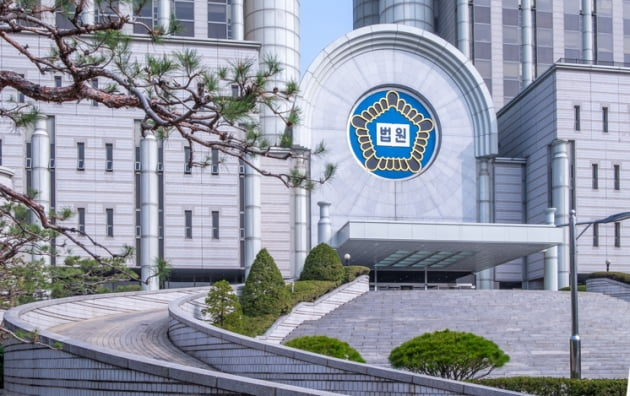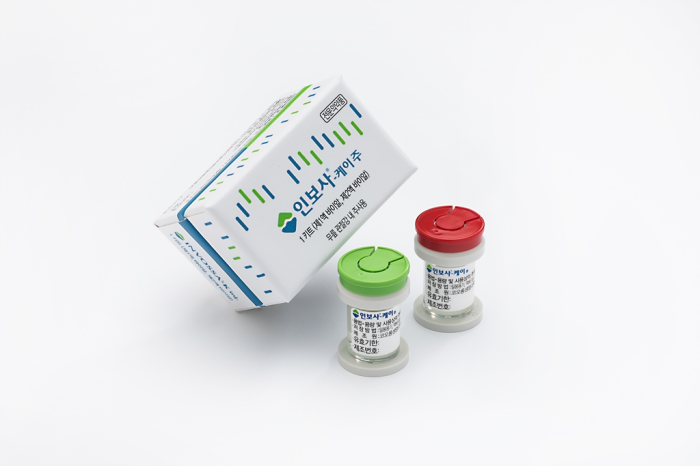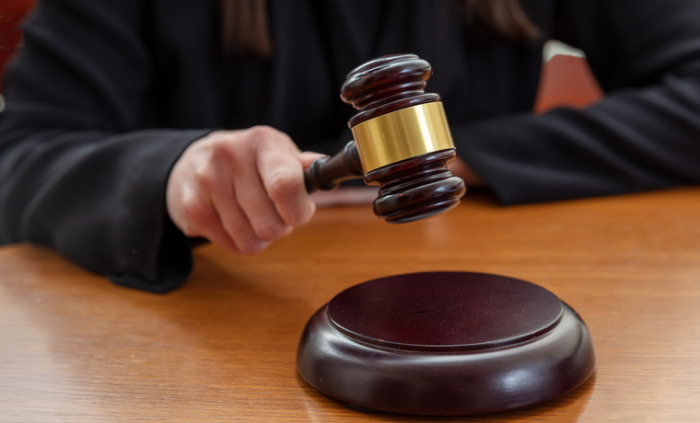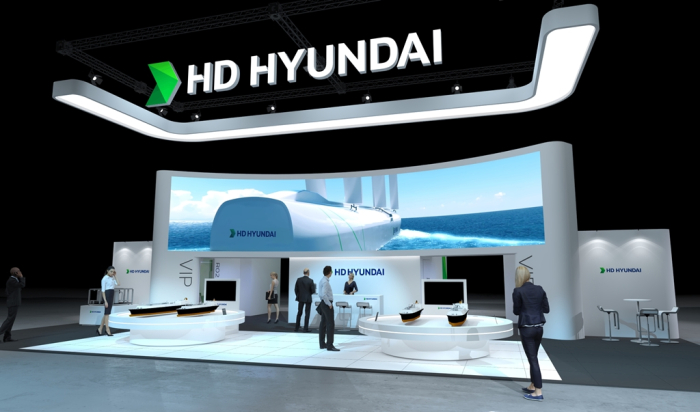Regulations
Delays in court rulings raise business risks for South Korean companies
Companies are exposed to risks such as financial losses and talent departures as a result of procrastinated rulings
By Feb 02, 2024 (Gmt+09:00)
4
Min read
Most Read
LG Chem to sell water filter business to Glenwood PE for $692 million


Kyobo Life poised to buy Japan’s SBI Group-owned savings bank


KT&G eyes overseas M&A after rejecting activist fund's offer


StockX in merger talks with Naver’s online reseller Kream


Mirae Asset to be named Korea Post’s core real estate fund operator



Less than five years ago, Invossa, a cell and gene therapy for osteoarthritis, was expected to hit the global market with great fanfare.
Developed by Kolon TissueGene Inc., a unit of South Korean pharmaceutical firm Kolon Life Science Inc., Invossa was the world’s first of its kind.
In July 2017, Korea’s Ministry of Food and Drug Safety approved the drug as a therapy for patients with degenerative joint disease. Two years later, however, the health authorities canceled Kolon’s license related to Invossa, saying that the company had manufactured the drug with a key ingredient different from that labeled at the time of approval.
Kolon sought a court injunction against the ministry’s decision, but the Seoul Central District Court dismissed the request.
Amid the ingredient mislabeling scandal, the US Food and Drug Administration (FDA) suspended Invossa’s phase 3 clinical trials in May 2019. However, the FDA in April 2020 allowed Kolon to resume clinical trials after reviewing supplementary data from the Korean firm.

“While the world is closely watching the launch date of Invossa, the medicine, Korea’s first gene therapy, has almost become a forgotten drug in Korea,” said a Korean pharmaceutical company official.
Kolon appealed the case to the Seoul High Court, which is slated to give a ruling on Feb. 7 after four delays.
YELLOW ENVELOPE LAW
According to the Korean Supreme Court’s Judiciary Yearbook, as of 2022, civil cases took 1,104 days on average before receiving the top court’s final judgment. That compares with 663 days in 2017.
Industry officials said the longer it takes before the final court ruling, the greater the risk for business activities.
HD Hyundai Heavy Industries Co., Korea’s largest shipbuilder, has been entangled in a lawsuit with the metal union of the Korean Confederation of Trade Unions for more than six years.

The two sides are in a protracted legal dispute after the shipbuilder rejected a request by the metal union, to which Hyundai Heavy’s unionized subcontractors belong, to engage in direct wage negotiations with Hyundai Heavy’s management.
The shipbuilder won in the first trial in April 2018 and again in the second trial in November of the same year. With an appeal by the union, the case now awaits the Supreme Court’s final ruling.
Meanwhile, the opposition Democratic Party of Korea, which controls the National Assembly, has proposed a pro-labor bill, the "Yellow Envelope Law,” aimed at limiting companies from making claims for damages against legitimate labor union disputes. If legislated, the law would allow subcontractors to negotiate with the principal company directly.
Amid the absence of an established precedent at the Supreme Court concerning recent management-labor disputes, some lower courts have delivered conflicting rulings on similar cases.
CJ Logistics Co. lost a case in its first and second trials after rejecting direct wage talks with a subcontractor’s delivery workers’ union.
STIGMA EFFECT
A protracted trial sometimes results in a company being branded a corporate criminal.
In 2016, Hanwha Corp. was involved in civil and criminal cases on charges that it illegally obtained solar cell screen printer technology from SJ InnoTech Co.

The Fair Trade Commission, after it investigated the case, filed it with prosecutors. However, the Supreme Court found Hanwha not guilty in the criminal case.
In a related civil suit, Hanwha was found not guilty in the first trial but lost in a higher court. Hanwha is currently awaiting a Supreme Court ruling on the civil case.
During the six-year legal process, Hanwha has been subject to multiple searches and seizures by prosecutors, which have dealt a blow to its corporate reputation.
“Our solar screen printer project has been placed on hold and most of the related engineers have left. If the final verdict had come out earlier, damages would be much smaller,” said a Hanwha official.
In Korea’s pharmaceutical community, three patent-related legal disputes are awaiting Supreme Court rulings.
Daewon Pharmaceutical Co. has been awaiting a final ruling on a non-steroid anti-inflammatory drug patent for more than a year.
“When a legal dispute lasts for years without a clear and final verdict, both the generic and the original drugmakers will suffer financially,” said an industry official.
Write to Jeong-Soo Hwang and Lan Heo at hjs@hankyung.com
In-Soo Nam edited this article.
More to Read
-
 Artificial intelligenceHD Hyundai, Google Cloud team up to accelerate generative AI innovation
Artificial intelligenceHD Hyundai, Google Cloud team up to accelerate generative AI innovationDec 26, 2023 (Gmt+09:00)
2 Min read -
 PharmeceuticalsKolon resumes Invossa phase 3 clinical trials in US
PharmeceuticalsKolon resumes Invossa phase 3 clinical trials in USDec 28, 2021 (Gmt+09:00)
1 Min read -
 Overseas expansionRegulations drive Naver to seek growth abroad
Overseas expansionRegulations drive Naver to seek growth abroadMar 10, 2021 (Gmt+09:00)
4 Min read
Comment 0
LOG IN


